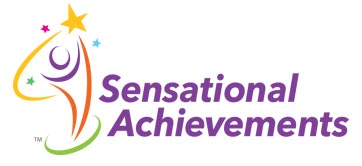Feeding Trend- Baby Led Weaning: Skipping purees early on and starting with finger foods later – What do you think?
Many of us have had that experience of spoon feeding an infant for the first time, only to have the food be pushed right back out at us as if the baby has not yet learned or may not yet know how to eat from a spoon. Often times when they do get the hang of it, it looks like they are sucking the puree off of the spoon. We have seen the funny pictures of our little ones with puree all over their face and everywhere BUT in their mouth. Who can forget how hard you laughed when they decided that making raspberry sounds was more fun than eating and you had to change your shirt? Some of our favorite memories revolve around feeding babies purees, but is there something we might be missing?
Sometimes, when babies are fed they are reclined in their chairs, not yet able to hold up their heads, or even sit up, how do we know they are able to swallow safely? How can a baby tell us when they are full or done eating? Finally, while a puree eliminates the need to chew, purees can be a difficult texture to sense and control/keep in one place. How can a baby tell us if they can’t sense or are uncomfortable with that texture?
Baby led weaning is a trend started in Britain where babies are not introduced to purees from 3-6 months of age but instead hold off until 6 months of age when they are introduced to finger foods. It is a program that follows the natural developmental milestones of child development and systematically adding finger foods that babies self feed based on readiness, NOT to be confused with weaning from breastmilk or formula. It assumes that children at this age are:
- physically able to sit up unsupported with stable head control
- have begun chewing and have functional hand eye coordination
- showing developmental readiness to bringing food to their mouth in a controlled way
- showing interest in foods that their family is eating during mealtime
This is in alignment with the World Health Organization’s recommendation from 2001 that babies hold off on being introduced to solids until 6 months of age. Some of the benefits include digestive readiness, active participation during feeding, safer feeding experiences, less meal preparation, shorter and more peaceful mealtimes, greater independence with feeding, child led oral motor development and development of fine motor skills.
Check out this recent article from the New York Times for one mother’s first hand perspective, then let us know what you think! We want to hear!
Written by, Amanda Michel, MLD, OTR/L
Photo Credit Tony Cenicola/The New York Times








